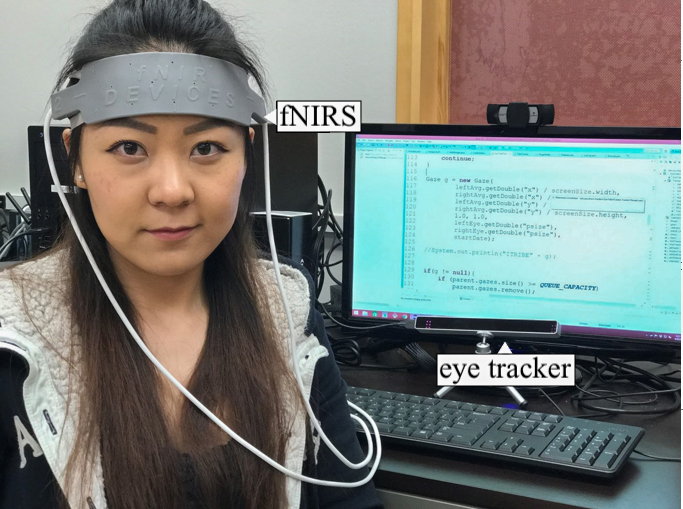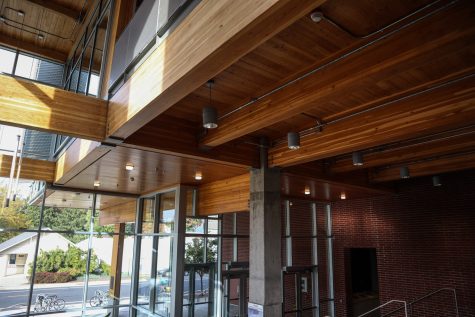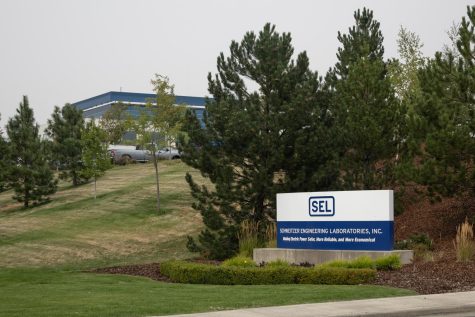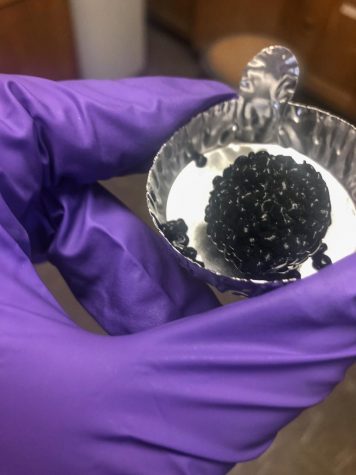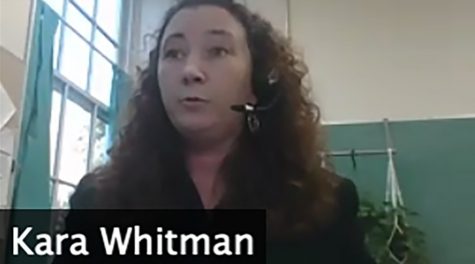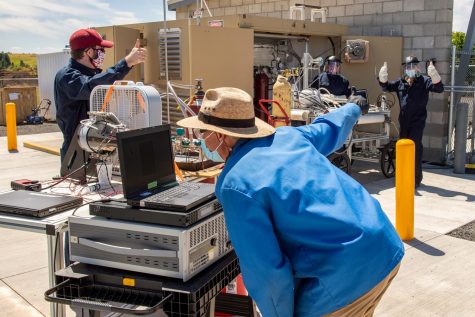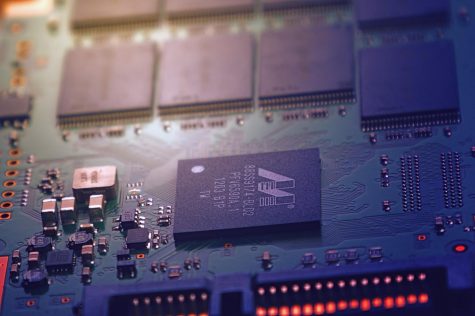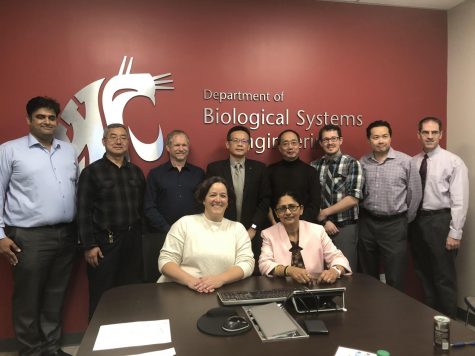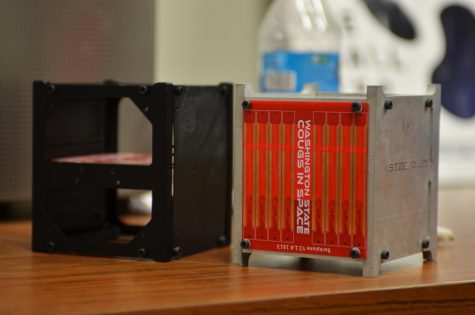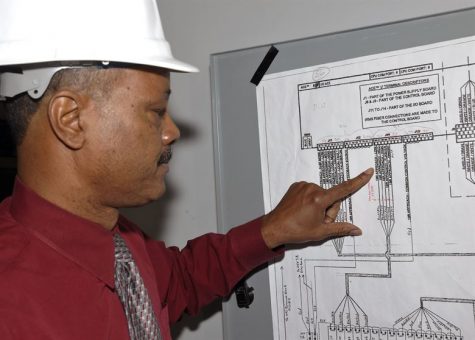Engineering school secures $500K for research
National Science Foundation will support five years with emphasis on electric power
COURTESY OF Venera Arnaoudova The National Science Foundation will provide money for research centered around improving the electric power systems.
February 18, 2020
Three researchers in the School of Electrical Engineering and Computer Science have received CAREER Awards from the National Science Foundation.
One of the award winners, Anamika Dubey, is an assistant professor at the School of Electrical Engineering and Computer Science.
“This award is given to the early academic researchers with the promise of solving the most pressing challenges of our times,” Dubey said.
She said the award is $500,000 for five years. The award will help her plan her career path and support her research.
“They fund your project that you want to work on, and they judge it based on what you have done so far,” Dubey said. “And how your record promises you will be able to complete what you are proposing.”
She said her research is centered around improving the electric power systems, in case of a natural disaster. This includes improving the resilience of the power systems infrastructure. She said she has been working on her research for four years.
“The main challenge is to develop the theoretical models to understand the impacts of the rare events on the electric power grid infrastructure,” Dubey said.
She also has to devise a new operational model to help support the critical infrastructures during disasters, she said.
The second CAREER award winner is Subhanshu Gupta, an assistant professor at the School of Electrical Engineering and Computer Science.
Gupta said his research is on miniaturized hardware which will form the backbone of the next-generation communication networks.
“This hardware will generate high communication speeds that can impact wide-ranging applications from satellite communications to medical ultrasound by creating a high spatial resolution,” he said.
Gupta intends to expand the understanding of basic electronics through annual workshops which are available to students in the Inland Northwest.
“An early inroads into understanding of electronics will help students scale the multi-dimensional problems later in their career,” he said.
The third award winner is Venera Arnaoudova, an assistant professor at the School of Electrical Engineering and Computer Science.
Arnaoudova said the CAREER award is not only about research but about education as well.
“Typically, it is given to individuals who have the potential to be role models in research and education and to lead advances in the mission of their department or organization,” she said.
Arnaoudova is using this award to show the “best and worst practices” in software design and coding.
She said software engineers have to learn how to read and write code.
“We, researchers, spend time analyzing their code to identify practices that we think are good or bad,” she said. “Then we use this knowledge to teach our computer science students how to and how not to write code.”
However, Arnaoudova said these practices are based on experts’ opinions and not on empirical evidence.
“Very little is known about the effect of those practices on developers when they read and understand software,” she said.
Arnaoudova said researchers use brain imaging techniques such as fMRI machines in order to monitor the cognitive role of developers while they perform their daily tasks.
Arnaoudova said the CAREER Award is very prestigious for early-career faculty members and has around a 20 percent acceptance rate.
She said the award increases the visibility of the department, as well as WSU, which will help to attract more students and faculty.
Dubey said the main point of pursuing this award is finding out what an individual is passionate about.
“Show you really want to do it, and if you are passionate about it then you are going to be working on it regardless if you get an award or not,” she said.
More information about their research is available on the researcher’s websites.
Vanera: http://veneraarnaoudova.com/
Subhanshu: https://labs.wsu.edu/systems-on-chip/
Anamika: https://eecs.wsu.edu/~adubey/


